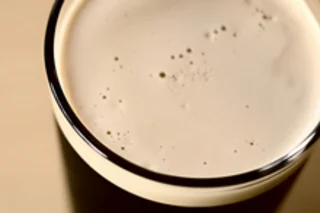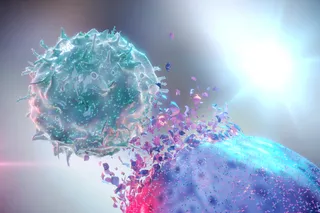Beer: Some people think it's proof that God loves us and wants us to be happy. Others value it as a great source of antibiotics—of course, those people lived nearly 1,700 years ago. For much of the last three decades, anthropologist George Armelagos has been trying to explain how mummies that date from an ancient kingdom in Nubia—the area south of Egypt that's located in present-day Sudan—got so much of the antibiotic tetracycline in their bones. Since scientists didn't synthesize antibiotics like that one until the 20th century (and these bones date back to between 350 to 550 A.D.), finding a buildup in ancient bones screams out "contamination." Armelagos and his colleagues longed to prove that it wasn't, and in a study out in American Journal of Physical Anthropology, the team argues that the find is no fluke. Nubians got antibiotics into their systems by drinking beer, and lots of ...
Accidental Awesomeness: Ancient Nubians Made Antibiotic Beer
Discover how ancient Nubians fermented grains to create antibiotic beer using Streptomyces bacteria for health benefits.
More on Discover
Stay Curious
SubscribeTo The Magazine
Save up to 40% off the cover price when you subscribe to Discover magazine.
Subscribe













